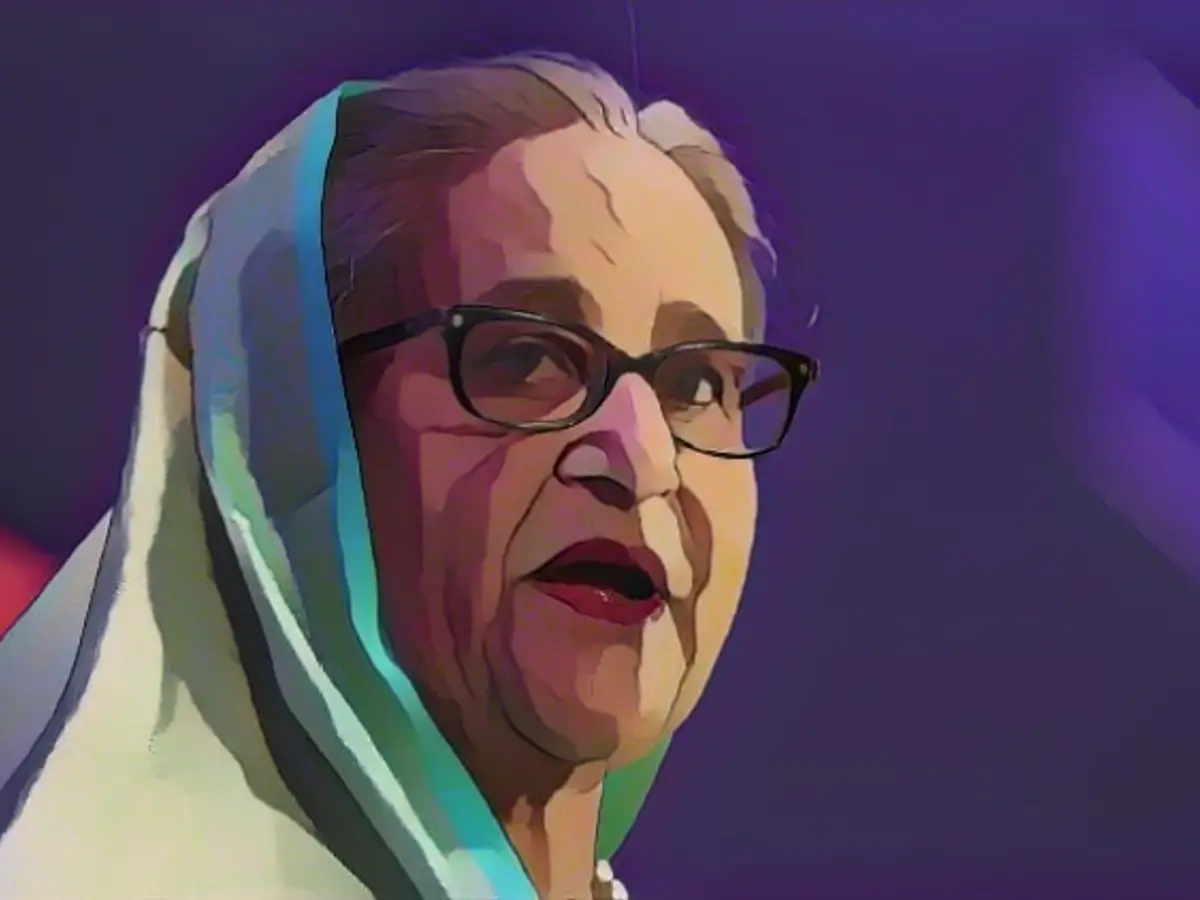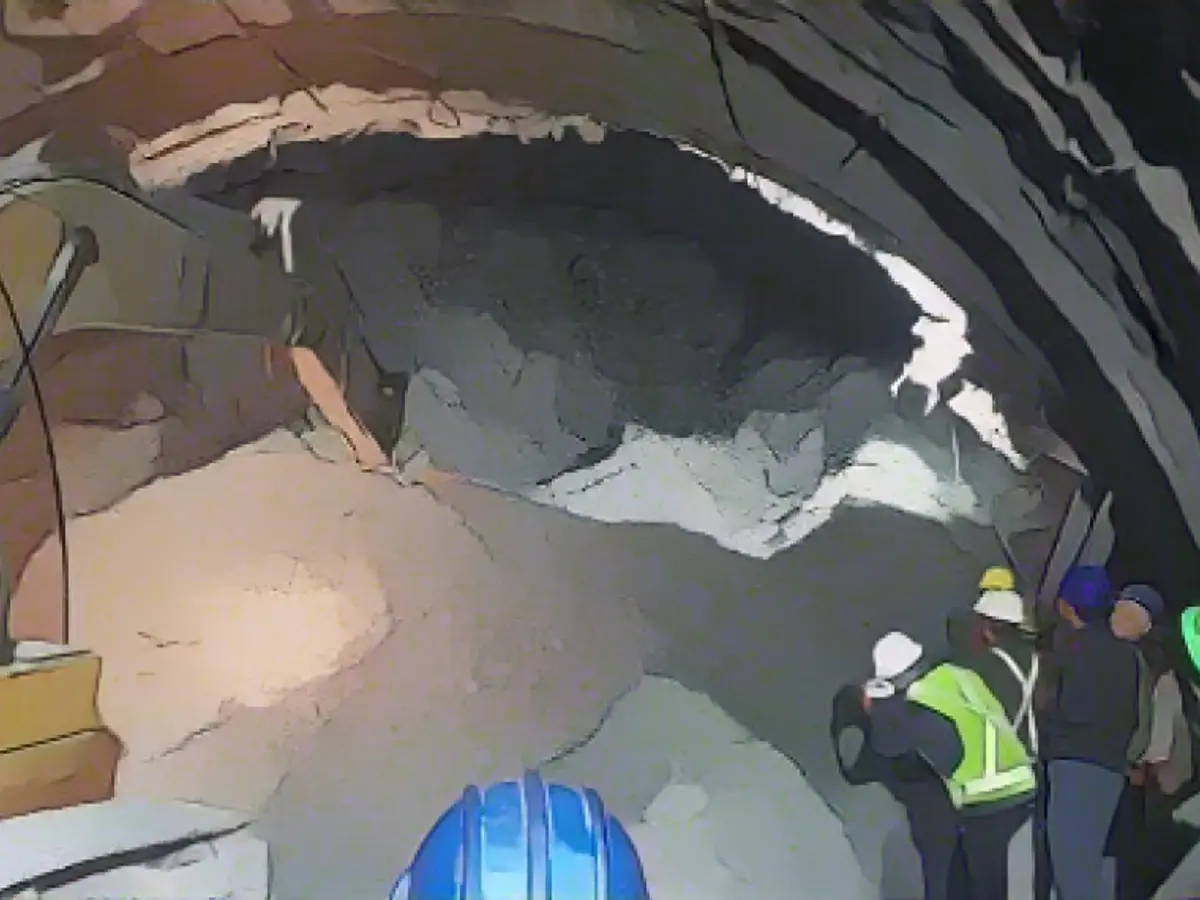In the bustling nation of Bangladesh, a major crackdown on political opposition members has escalated, sparking widespread concerns over human rights violations. As elections loom closer, authorities have detained thousands, including high-ranking activists and politicians, leading to overcrowded prisons, according to Human Rights Watch (HRW).
The main opposition party, BNP, claims that half of its five million members have fallen victim to politically motivated persecution. HRW reports that in the escalating conflict before the January 7 parliamentary elections, at least 16 people, including two police officers, have lost their lives. Over 5,500 individuals have been injured during protests demanding Sheikh Hasina's resignation as head of government and a fair, unbiased vote.
Human Rights Watch cautions that the Bangladeshi government aims to "destroy the opposition and eliminate competition" by arresting almost 10,000 activists, due to the violent autocratic crackdown and the overwhelmed prisons. The organization warns of a "massive crackdown" on opposition representatives, leading to serious human rights violations and a suppressive political climate.
Since the commencement of on-going protests in late October, Bangladesh has experienced violent repercussions, having evaluated witnesses, video files, and internal police reports. As a result, there have been alleged arson attacks on almost 290 vehicles across the country, mainly targeting buses.
These developments have led to both domestic and international concern about the escalating situation in Bangladesh. Human Rights Watch, the UN Human Rights Office, and other sources denounce the arrests and coercive actions as tarnishing the progress made in regulating law and order.
As the 2024 elections near and upheaval continues, the political climate in Bangladesh grows increasingly charged and complex, with much at stake for all involved parties.






